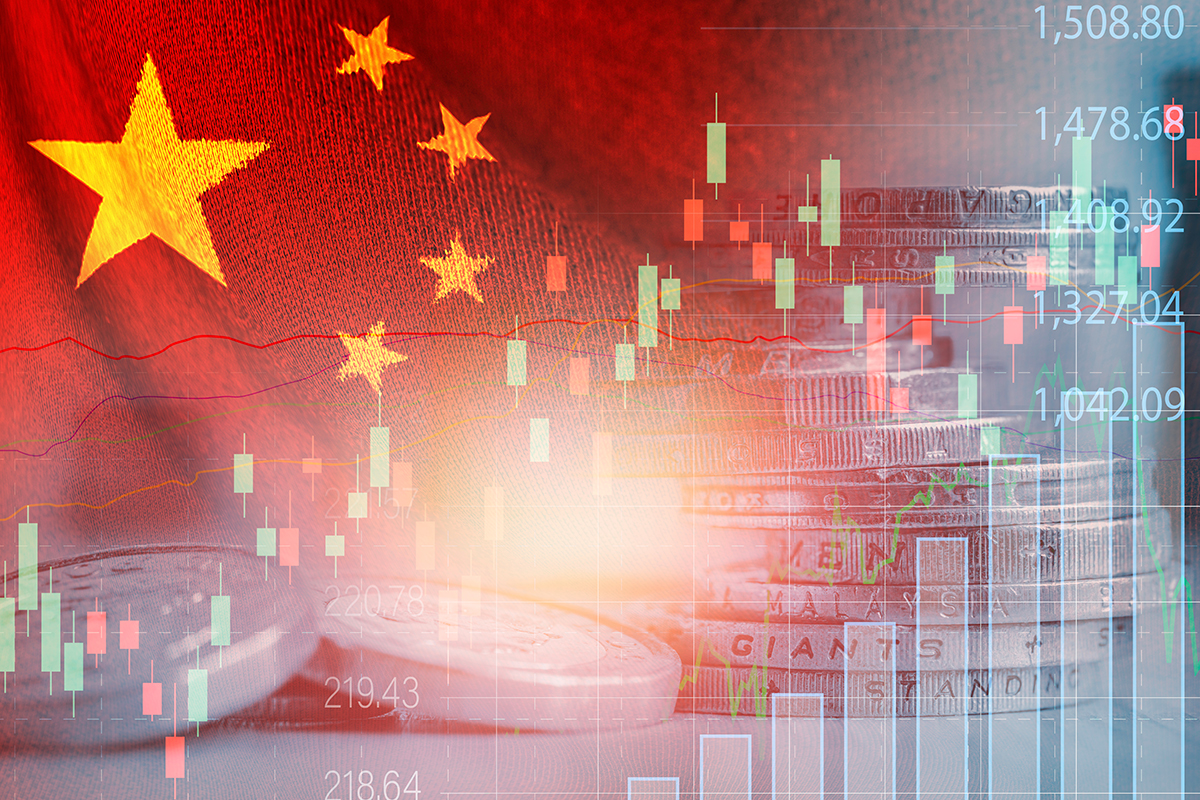China’s once-promising economic recovery has hit a stumbling block, prompting a notable change in the country’s approach to diplomatic talks and economic policies. The faltering economy has led senior Chinese officials to engage in discussions with geopolitical rivals and display greater openness on economic matters.
While China’s national security remains a top priority, the recent developments signify a potential shift in its engagement with the United States and other countries. However, challenges persist as security concerns and strained relations continue to impact China’s global trade ties.
China’s Willingness to Engage
China has welcomed several high-ranking American officials to Beijing in recent months, including John Kerry, President Biden’s climate envoy, and Treasury Secretary Janet L. Yellen.
Both sides have initiated talks on various topics, ranging from climate change to military affairs. This change in tone is driven in part by China’s economic struggles, which have prompted a desire for increased dialogue and cooperation.
Openness on Economic Policy
Chinese authorities have embarked on a charm offensive targeting both domestic and international business leaders. Premier Li Qiang, the country’s second-highest official, personally assured investors that China is open for business during the China Development Forum and the World Economic Forum.
This approach signifies a potential shift away from previous attempts to assert political control over the tech sector, as the focus shifts towards economic growth. The National Development and Reform Commission, China’s top economic planning agency, commended big tech companies for their investments, further indicating a changing economic landscape.
Security Concerns and Limited Softening
Despite these developments, it is important to note that China’s softening approach remains limited to economic and business policies that do not compromise national security. Chinese President Xi Jinping has not endorsed a broader policy shift towards the United States, which would be necessary for significant changes to take place.
Recent joint military exercises with Russia in the Sea of Japan and Xi’s call for heightened military preparedness reaffirm China’s commitment to national security and highlight the continuing emphasis on this front.
Economic Pressures and Trade Relations
China’s economic challenges have far-reaching implications. A decline in housing prices and struggling exports, which are crucial drivers of the Chinese economy, have put additional strain on its growth prospects. The investment landscape has also become murky, with foreign companies facing increased difficulties in doing business in China due to national security-focused government actions.
These actions include raids on firms and detaining personnel, particularly those working in due diligence companies hired by multinationals to assess potential Chinese partners or acquisitions.
Geopolitical Impact on Trade
China’s economic success is closely tied to its trade relationships, and disruptions have consequences beyond its borders. Tens of millions of Chinese jobs rely on global trade, and China’s sales of manufactured goods exceed its purchases from other countries.
However, recent geopolitical tensions have affected trade ties, such as China’s tilt towards Russia during the Ukraine crisis, which strained relations with Europe. China’s exports to the European Union have declined significantly, leading to strained diplomatic ties, including the Baltic countries’ withdrawal from China’s diplomatic processes.
Outlook and Responsibility as a Global Trading Nation
While China attempts to mend frayed relationships with countries like France and Germany, Germany recently unveiled a national strategy emphasizing reduced economic dependence on China.
The strategy also called for China to cease leveraging its economic power in geopolitics, pledging close ties with the United States and urging China to distance itself from Russia. China’s recent trade interruptions, such as limiting exports of rare materials, raise concerns about its reliability in global supply chains.
China’s Economy and Geopolitics Shape Diplomatic Engagement
China’s troubled economy has played a significant role in prompting a shift in its diplomatic engagement and economic policies. The willingness to engage with geopolitical rivals, such as the United States, and the charm offensive targeting business leaders demonstrate a desire for dialogue and cooperation.
However, China’s national security concerns and strained relations continue to impact its approach. As China grapples with economic challenges and geopolitical complexities, its role as the world’s largest trading nation comes with a responsibility to uphold a functional global trading system.







